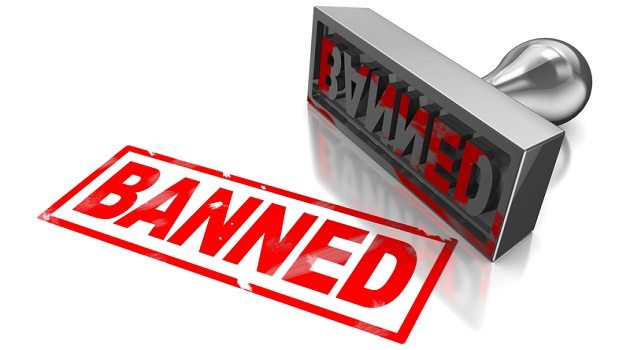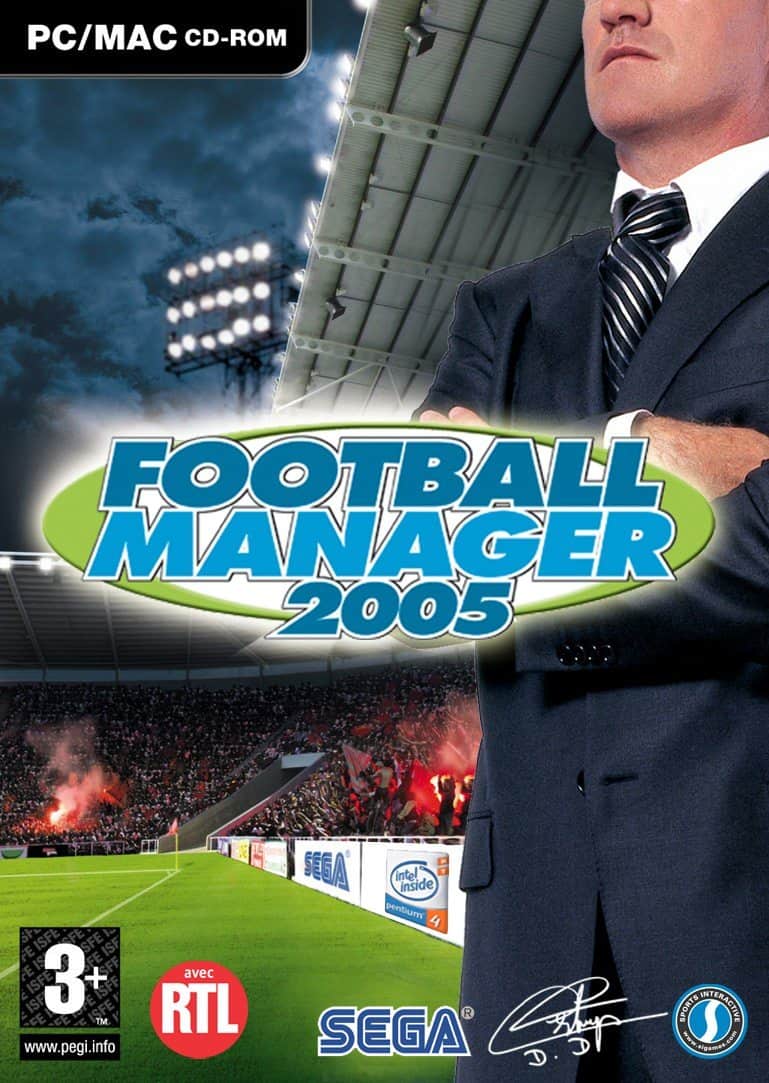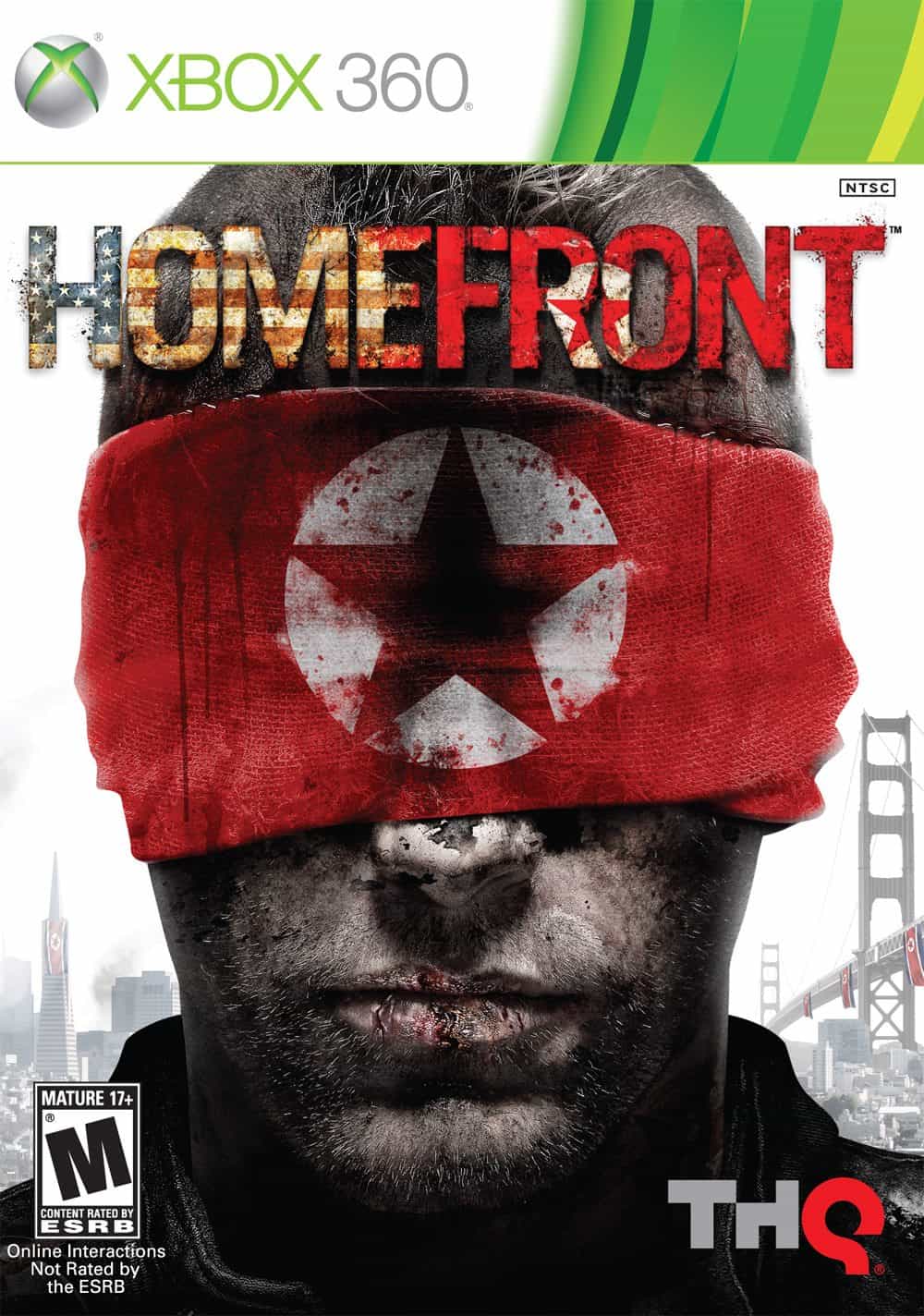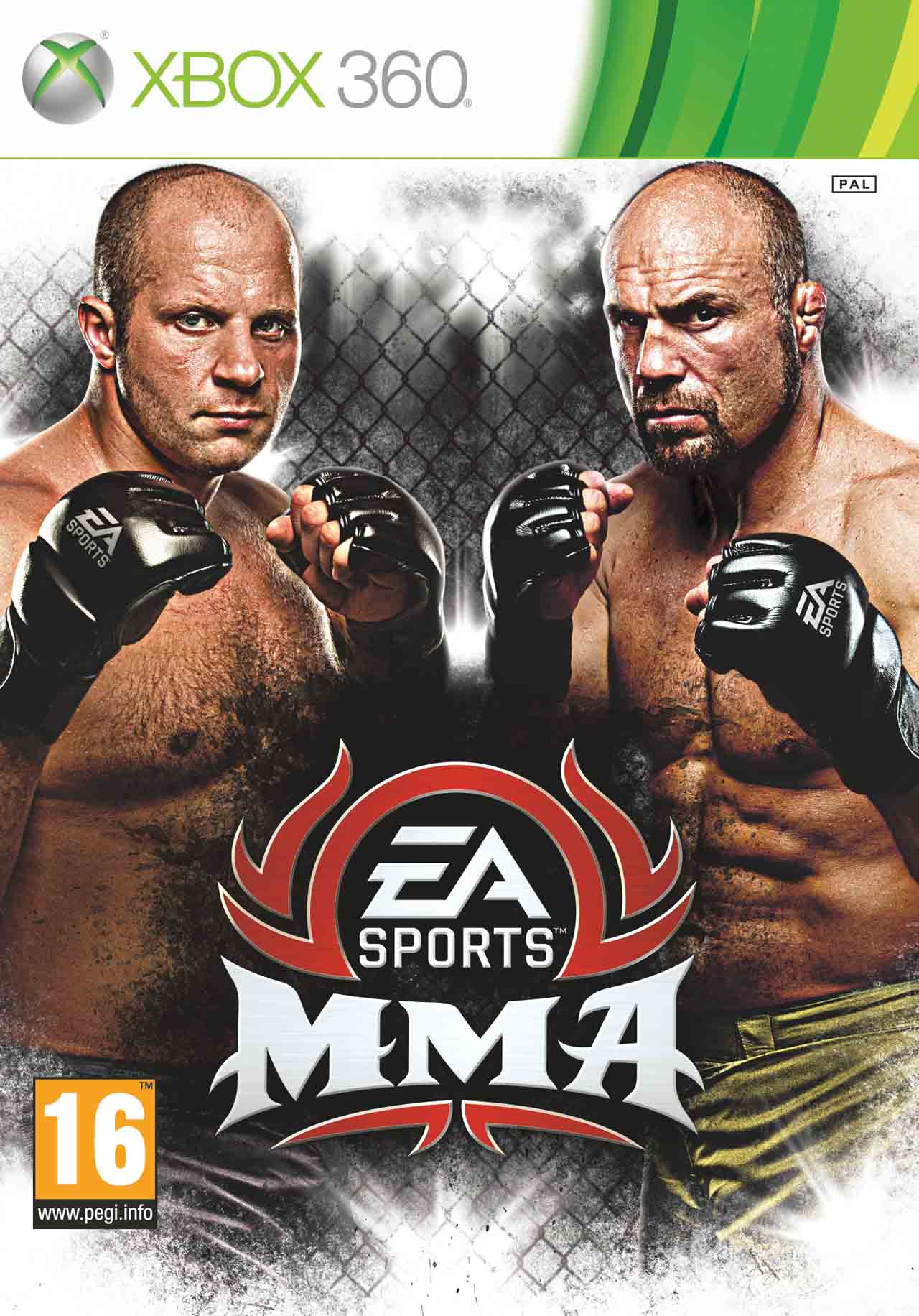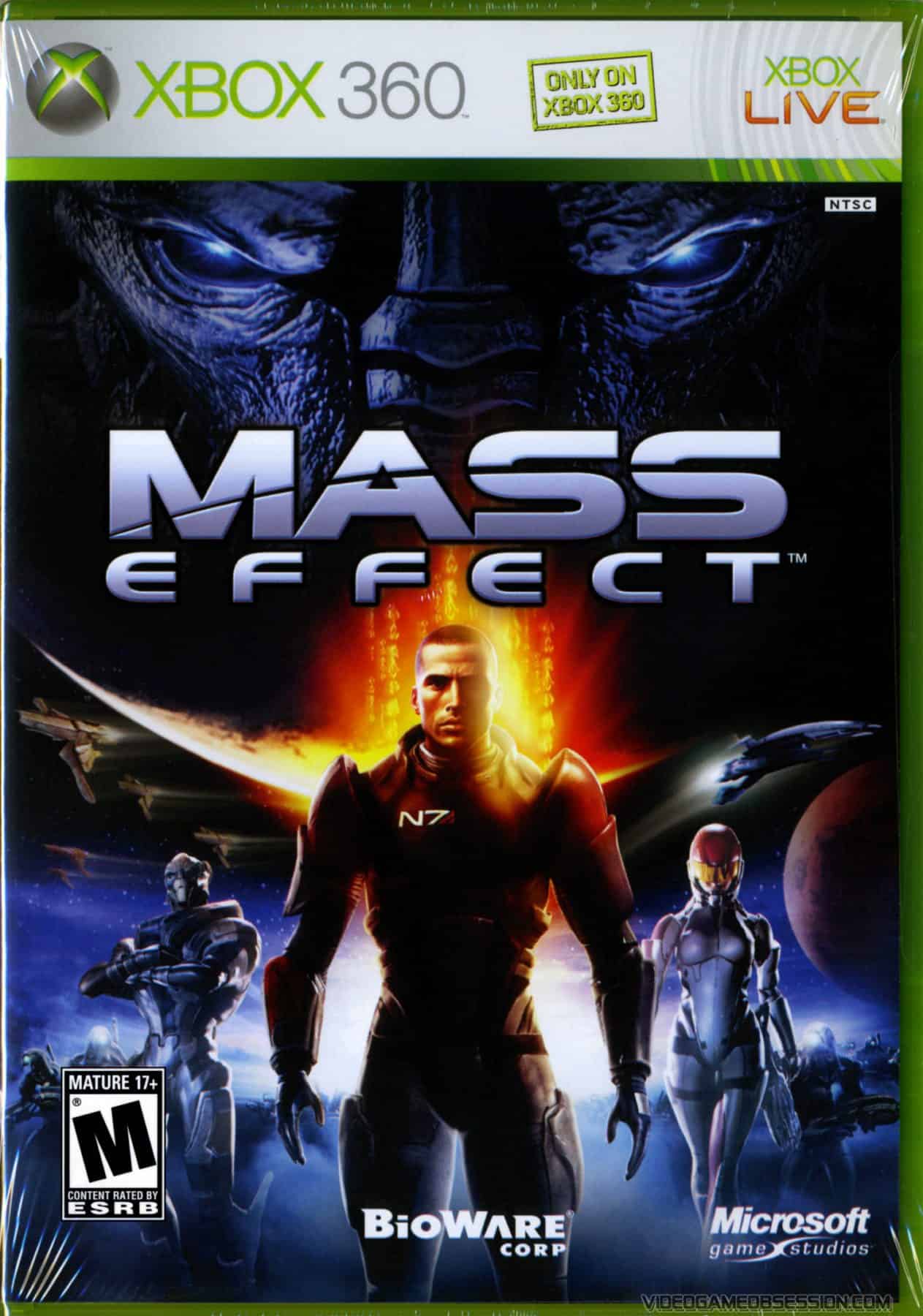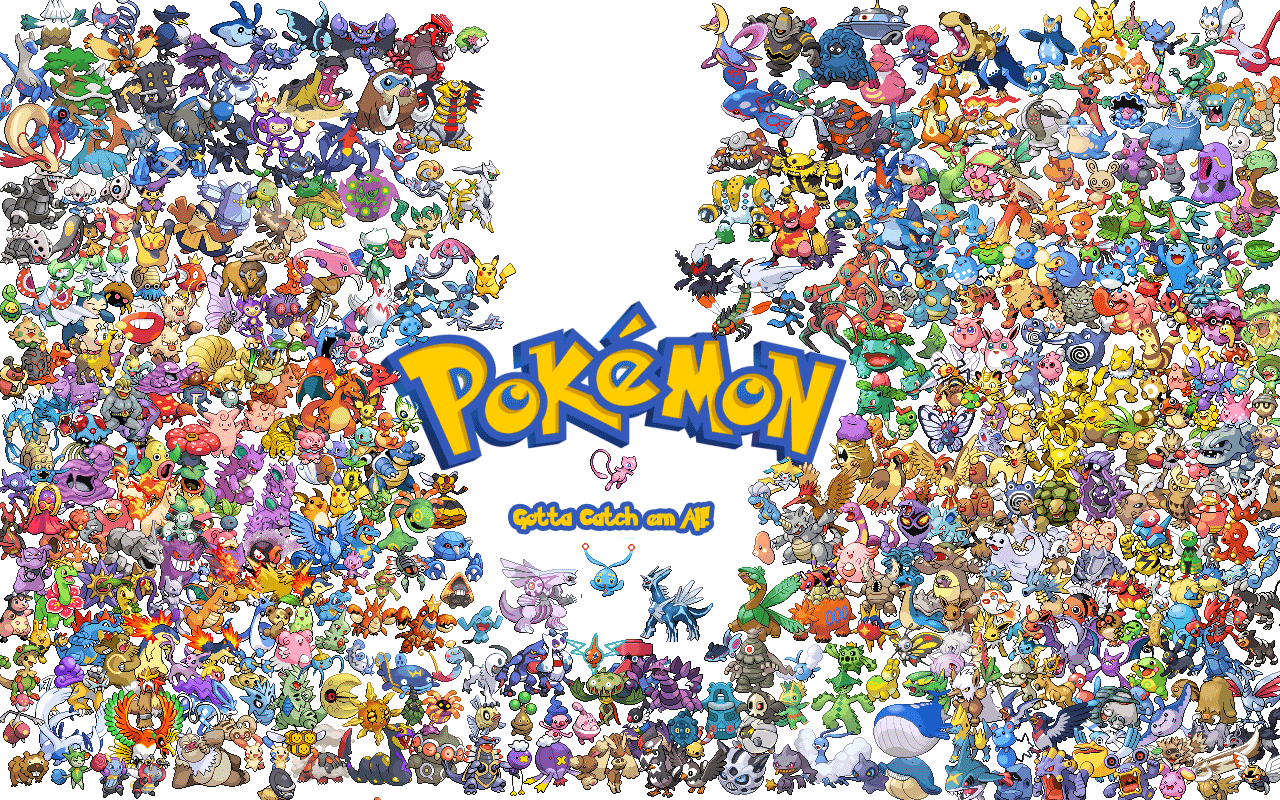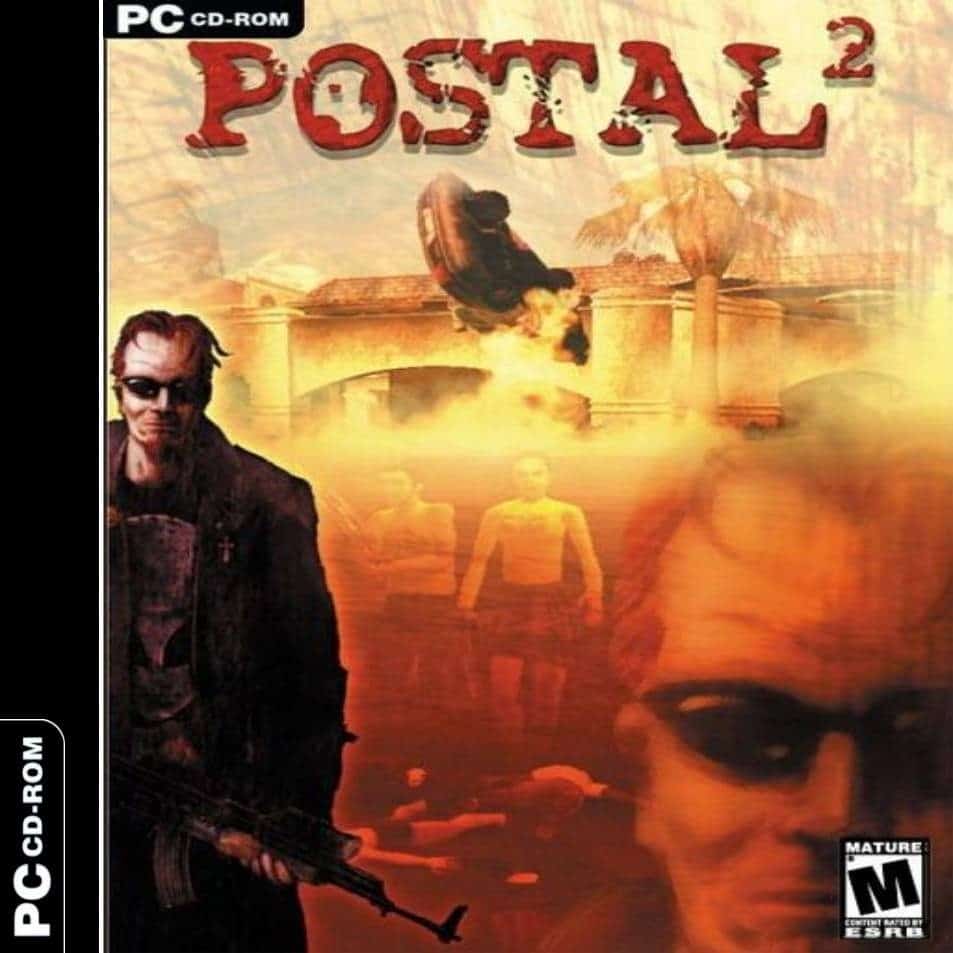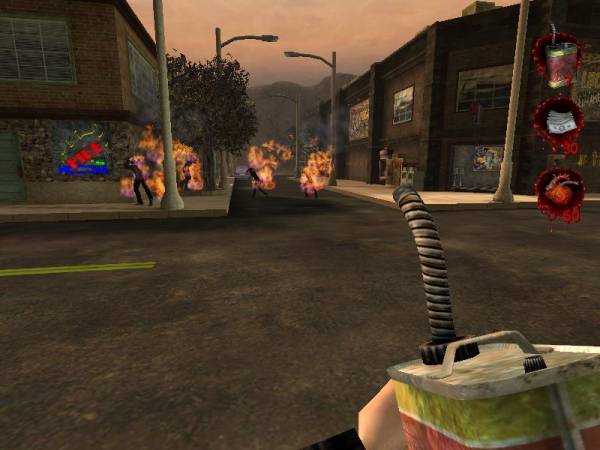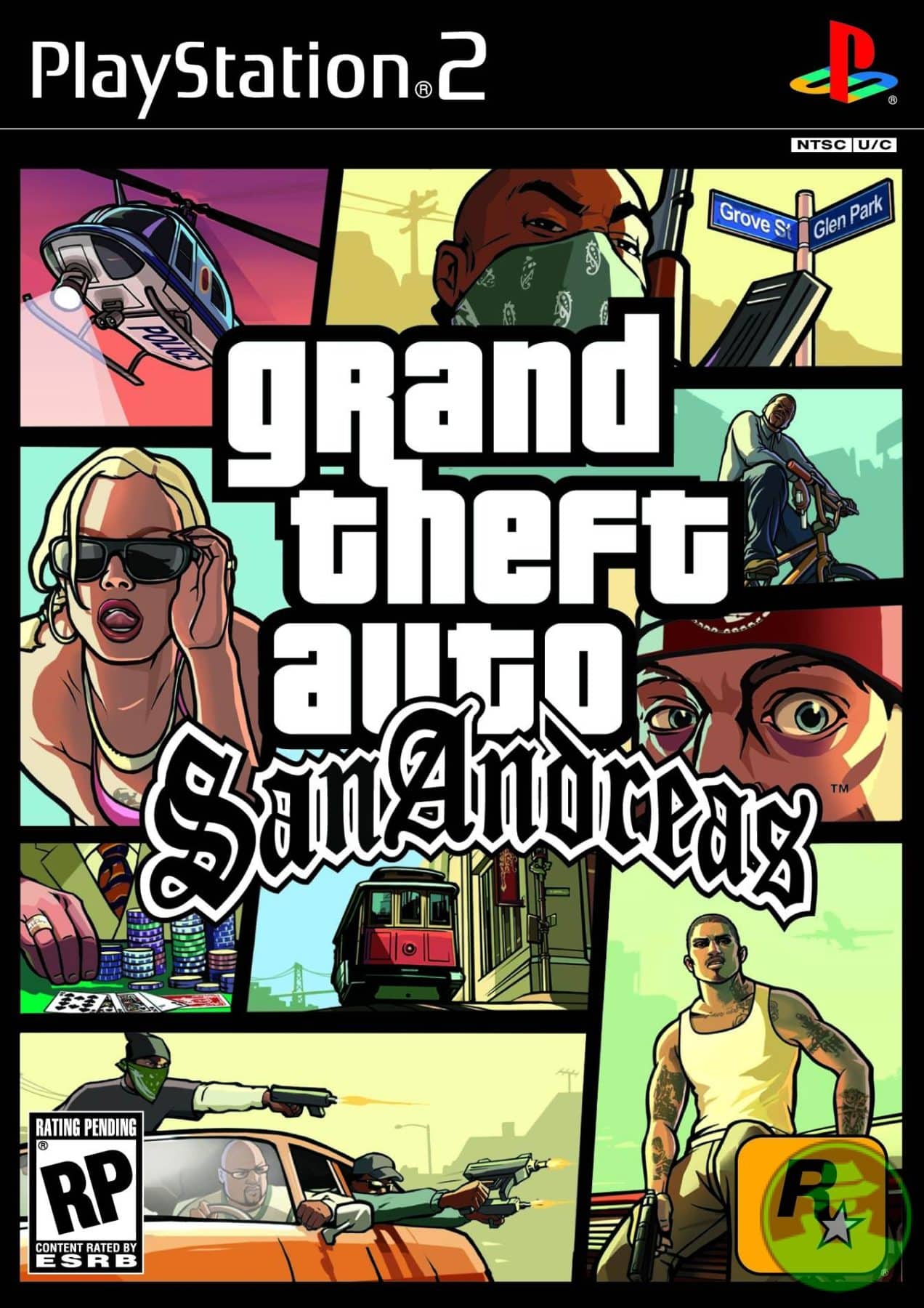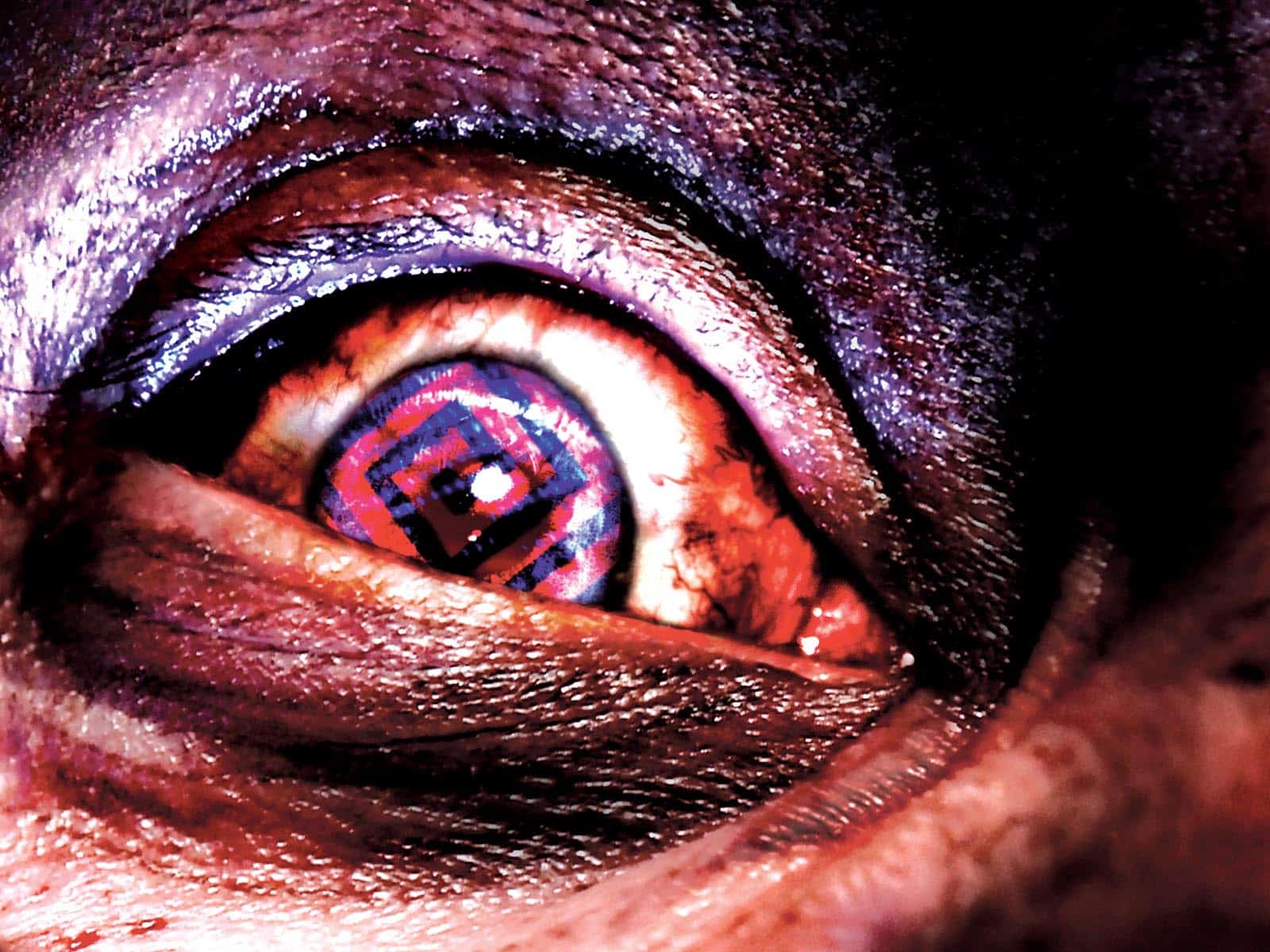Top 10 Video Games That Were Restricted Or Banned In Different Countries
We’ve all heard stories of video games being banned in certain countries due to excessive violence, drug use, scenes of terrorism that are in some way similar to real life events and so forth. After some research I came across a bunch of games that were banned or in some way restricted for let’s say, less obvious reasons.
10 – Football manager 2005 – Banned In China For Recognizing a Country’s Independence
Like in all previous iterations of Football Manager the player is given the opportunity to manage a Football team from a huge roster of different leagues, divisions and countries. However, once the game had been released in China reports indicated that the game had been banned indefinitely because both Tibet and Taiwan were on the game’s roster as independent countries. The Ministry of Culture slapped a ban on the game in response and proclaimed that it “posed harm to the country’s sovereignty and territorial integrity.”
Unfortunately for all those living in China the game never made it legally into the Chinese market, but that didn’t stop pirates from distributing it through the internet. The Ministry of Culture did not take kindly to this and eventually started to enforce the ban on the game and would go on to punish any distributors of the game with a heavy fine or by revoking their business licenses entirely. Sports Interactive eventually released a Chinese version of the game with both Tibet and Taiwan included as a part of China; case closed.
9 – Homefront – Banned In South Korea Because It Involved North Korea
Homefront is standard first person shooter video game in which players take the role of members of a resistance group that fight against a powerful enemy that’s invading the United States. But who is the enemy? Well it sure wasn’t the usual antagonists Russia or Germany; it was of course North Korea.
It’s fair to say that North Korea has quite poor relationships with multiple countries, but none of which can compare with their neighbors down south. Having a game like Homefront created some controversy to say the least, especially when certain people accused it of riding on the tension between the South and North Koreans. The South Korean Game Rating Board immediately blocked the sale of Homefront in its market. Like many banned games that didn’t stop it being sold on the black market despite a fine that punished those that sold it. Some of the Koreans that played the game did laugh and joke at the possibility of North Korea invading America.
8 – EA Sports MMA – Banned In Denmark For Promoting Energy Drinks
The market for energy drinks is ever expanding as demand from consumers continues to rise. It’s pretty hard to go anywhere without seeing a single advertisement for one of those sugary, highly addictive cans of caffeinated goodness. However, energy drink consumption may not be as infectious in Denmark considering they have a law that bans all advertisements relating to them. This law created some trouble for EA when they tried to release an MMA game there.
EA Sports MMA is packed full with advertisements on everything from the ring to the sports equipment involved. Also it’s worth noting that commercials for energy drinks are quite frequent in the sport of MMA. Interestingly, instead of EA attempting to fight the ban they informed Danish consumers that they wouldn’t be altering the game to adhere to restrictions so to preserve the authenticity of the company’s products and that the sponsorship deals from energy drink companies were far too valuable of an asset to be lost to restrictions or bans.
7 – Command & Conquer: Generals – Banned In China For Destroying The Country’s Infrastructure
The Hong Kong Convention, Exhibition Centre and Three Gorges Dam are works of architecture that are located in China and are considered highly historical. You can only imagine how pissed a country like China would be if you were to destroy something of value to them, even in fictional storytelling.
In Command And Conquer: Generals the player has the option of choosing between three factions to play as and China is one of them. As you can imagine each faction has a campaign that is dedicated to them and they are told through the viewpoint of the faction involved. In the Chinese campaign there are two particular missions, one depicting the fictional version of the Three Gorges Dam and the other one depicting the Hong Kong Convention and Exhibition Centre respectively. In these missions the player has to destroy the two structures as part of the story but not only that, the enemy faction known as the “GLA” are a terrorist organization that conduct terrorist acts in China.
The Chinese government outright banned the Generals series altogether because of the campaign which they believed to hurt China’s reputation by depicting them in a bad light. Namely being attacked by terrorists as well as having to destroy its own valued infrastructure.
6 – Mass Effect – Shortly Banned In Singapore For Cross-Species And Same Sex Relationships
The Mass Effect series allows your player character to be romantically involved with a storyline character as you build up a romantic sub-plot throughout the story; the romantically involved character can be either male or female depending on the player’s preference. However, the game was shortly banned in Singapore because there is an option to be romantically involved with a certain blue skinned Asari alien name Liara.
The Asari race is not gender specific, but they look feminine in appearance. The player can start a lesbian relationship with her as a female version of Commander Shepard and eventually there will be a scene where they engage each other sexually provided that the player has achieved a certain level of success in the relationship.
This romantic option caused some controversy and eventually lead to the conservative city-state of Singapore who banned the game outright because of the potential to engage in a relationship with Liara as a female and also because Liara is an alien. The ban was the first international ban for the game, and it caused outrage among the local gamers. The ban was soon lifted when Singapore reassigned the game with an “18+” rating.
5 – Pokemon – Banned In Saudi Arabia For “Promoting Gambling And Having Religious Symbolism”
The Pokémon craze spread like a wild fire throughout the world ever since its inception. Due to a slight delay the Arabic part world would first received its infection of the craze in the late 2000’s and like every other region it became frenzied for the little pocket monsters. However, not every country in the Arab world was willing to welcome the franchise with open arms.
Saudi Arabia would cause controversy when the Grand Mufti of Saudi Arabia, which is considered to be the highest religious authority in the region, ordered a ban on the Pokémon franchise. He explained that his main problem with the franchise was with the trading card game, which for some reason he believed had religious symbols printed on them such as The Star Of David and would be used to promote different religions. Authorities even claimed that Pokémon was Jewish propaganda aimed at converting Muslim children. Pokémon was also eventually banned in general because it was thought to promote gambling between the collectors.
4 – Postal 2 – Banned In New Zealand For Extreme Violence
“Going Postal” is an American slang phrase that references the series of postal service incidents that started in the 1980s. The phrase means to become “suddenly angry” and in turn behave in a violent and dangerous way. This accurately describes the main character of the Postal series, the “Postal Dude”, as he suddenly develops an urge of fury and goes out to kill everyone in his town. However as violent as the original Postal was, the second installment in the series was the installment that garnered intense controversy.
The second game follows Postal Dude as he accomplishes tasks that are given to him on a daily basis in his home at Paradise, Arizona. The players can accomplish these tasks in any way possible, be it as peaceful and civil, or as violent and chaotic. The game makes it especially difficult if the player decides to complete those tasks with as little to no violence as possible. For the violently inclined, Postal Dude has a spectrum of weapons for him to find and use to harm others. Trying to not harm others may be hard because the town is infested with very provocative people that are lewd and uncivilized.
The game was mostly criticized for its violence and its obscene sense of humor. Critics stated that the game strongly urges you to commit extreme violence against people and animals, but the developers countered by stating that the game could be as violent as the player wants. There was another major point of criticism for a particular point where the Postal Dude is allowed the option to urinate on dead bodies. New Zealand fully banned the game, and considered that the distribution, production, purchasing or even possession of it as aa legal offense and can have the offender be punished with up to ten years in jail and a fine of $275,000. The game has a large cult following and even a movie adaptation was produced.
3 – Grand Theft Auto: San Andreas – Restricted In America For The “Hot Coffee” Mini-Game
It seems the Media just cannot give the Grand Theft Auto series a break from accumulating a sizable collection of controversies. Probably the most infamous collection piece that the series had was the controversy that surrounded the “Hot Coffee” mini-game in Grand Theft Auto: San Andreas.
The “Hot Coffee” mod was a normally inaccessible mini-game that allowed the main character, CJ, and his in game girlfriend to engage in sexual intercourse. Nobody knew about its existence until 2005 when a modification for the Windows port came out and revealed it to the public.
Rockstar initially denied that the Hot Coffee mini-game was included within the game’s code, and blamed the determined hackers for making “significant modifications and reverse engineering” the code. It was later revealed that Rockstar had intended to insert the mini-game in the first place. The ESRB investigated the situation and changed the rating of the game from “Mature” to “Adults Only”. The rating change caused many retailers to return and order re-modified versions of the game with the mini-game taken out or to just not sell the game at all. Rockstar even made it mandatory for pre-purchased versions of the game to be patched by its owners. The controversy doesn’t stop there with the mandated recall and rating reassignment. People filed lawsuits against the Rockstar and its parent company. Politicians even passed the “Family Entertainment Protection Act” in the aftermath of the reveal.
Despite the controversy surrounding the Hot Coffee mod, San Andreas still sold well in America. Later games after the San Andreas timeline even referenced the incident in the form of dialogue and an achievement.
2 – The Manhunt Series – Restricted And Banned In Multiple Countries For Over The Top Violence
The Manhunt game series is a mixture of action, stealth, and psychological horror game genres, but it mostly focuses on the stealth element. The story from both games follows different protagonists as they try to escape the bizarre and dangerous situations that they were inserted into. The protagonists have to kill countless people that impede their progress in an often brutal and grotesque manner.
The series had caused trouble with numerous countries because of its gross depiction of violence. The player can execute the protagonists’ enemies with a variety of weapons and devices. The methods and the intensity of the executions can also be determined by the player in the form of three “levels” with the higher levels giving a more gruesome execution. The game strongly encouraged the player to perform the more gruesome executions for the reward of a higher score at the end of each level.
Rockstar had to dispute with the United Kingdom and Australia about the legality of the game, and the games ended up having to be reassigned another rating. Germany and New Zealand banned the games altogether, and it was even illegal to possess it in New Zealand. The United States and Canada, however, had little controversy surrounding this game, with Canada even classifying the game as a restricted adult only film. The games still sold well in the United States and the UK despite the ban and have garnered a huge cult following.
1 – Venezuela Have Banned Violent Video Games Altogether
If you ever felt angry or disappointed that a game that you loved was restricted or banned in your home country, keep in mind that you’re quite fortunate to not live in Venezuela where a video game ban that outlaws video games actually exists.
A Venezuelan bill for the prohibition of violent video games and toy weapons was passed swiftly in 2009 without much resistance. The law went into effect in 2010 and effectively banned the distribution and manufacturing of video games that contained “information or images that promote or incite violence and the use of weapons”. The punishment for it isn’t too easy to shrug off: the violator will either receive 3 to 5 years of jail sentence for distributing or a heavy fine for simply promoting the purchase and usage of violent games and toy weapons.
Venezuela currently has one of the highest homicide rates in the world. The law banned violent video games and toys because the government believed that they were the source of aggressive behaviors in consumers, namely children, and hoped that the law could prevent violent dispositions. I should also mention that Venezuela has no video game ratings board, so even games that are rated “E” by the ESRB could be deemed as violent by the government. That sure can create some trouble when deciding what is violent or not.

